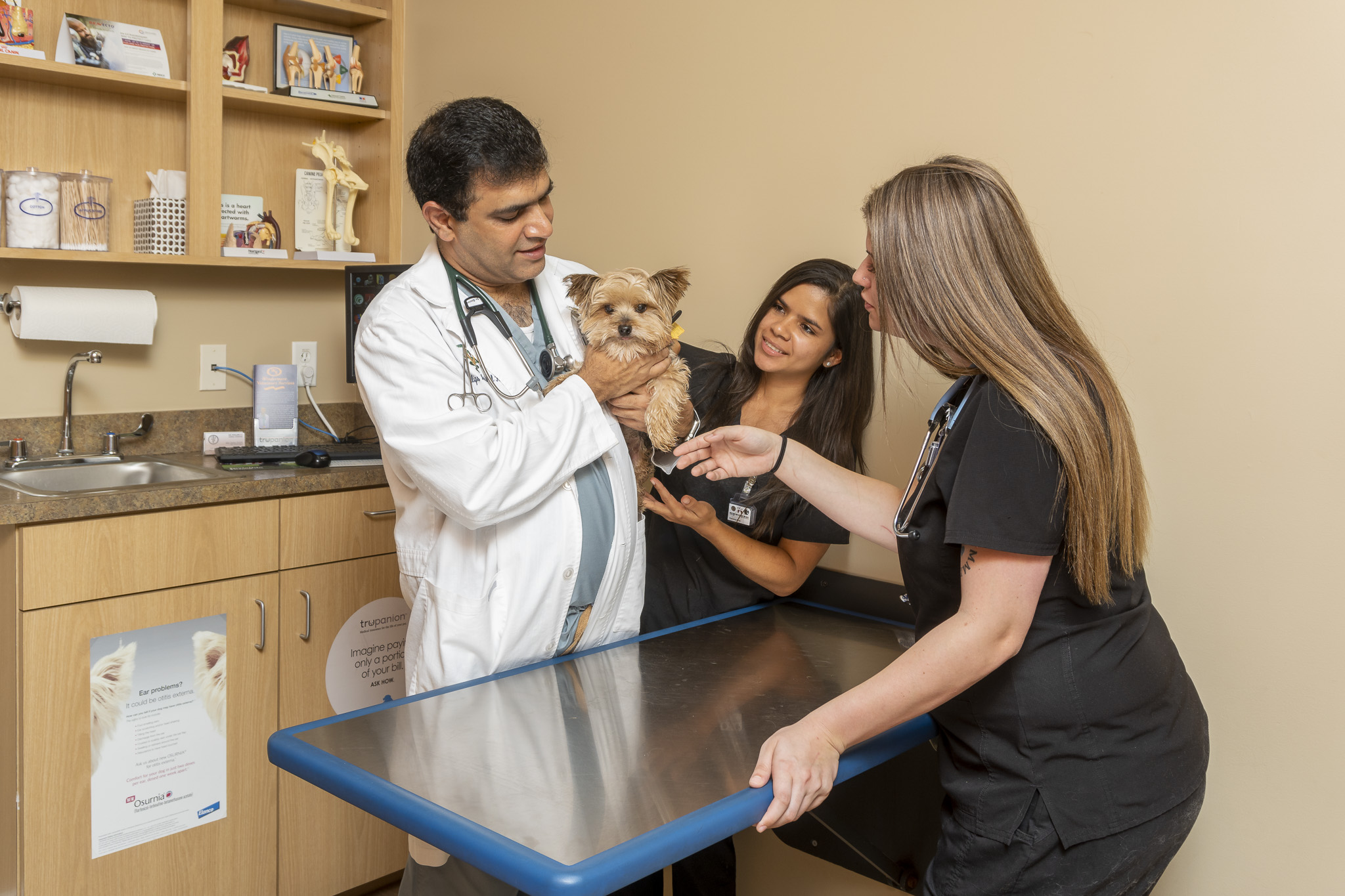Proactive protection against fleas
Keep Your Pets Comfortable & Protected
Fleas can leave your pet itchy and uncomfortable. Severe infestations can even result in painful scabs, hair loss, and irritated skin. A prescription flea prevention is the best line of defense against fleas and ticks.






 Joyce Roberson
Joyce Roberson





